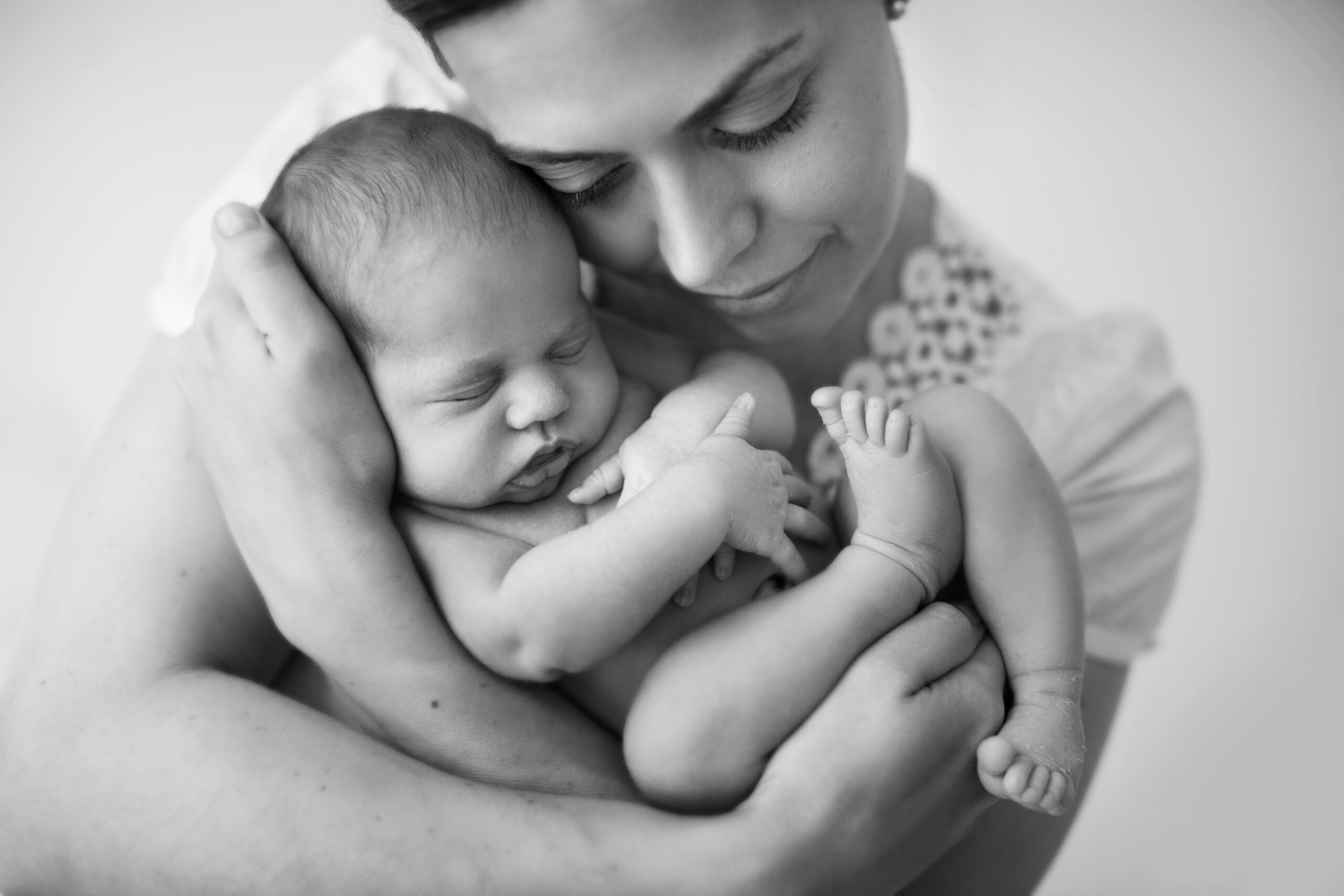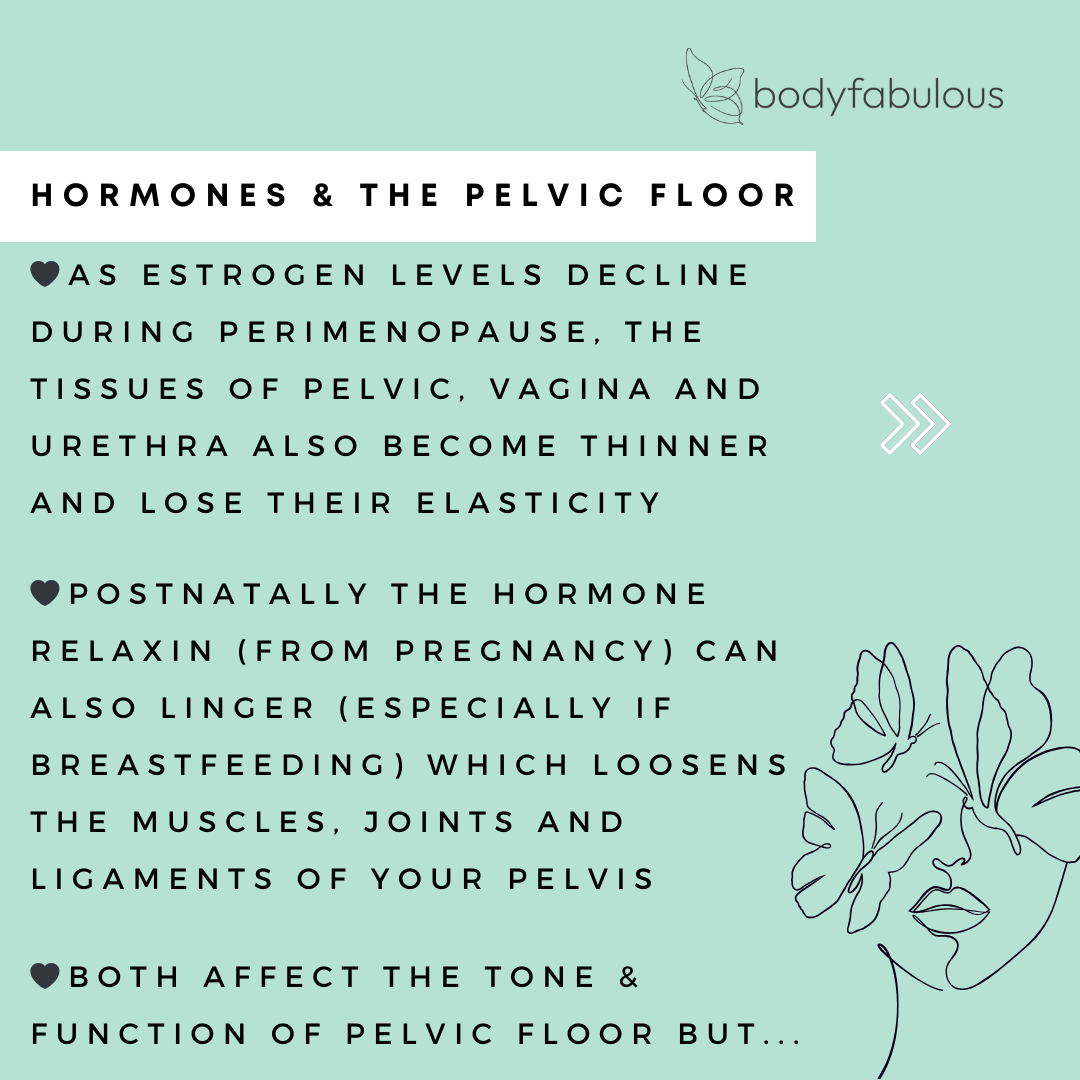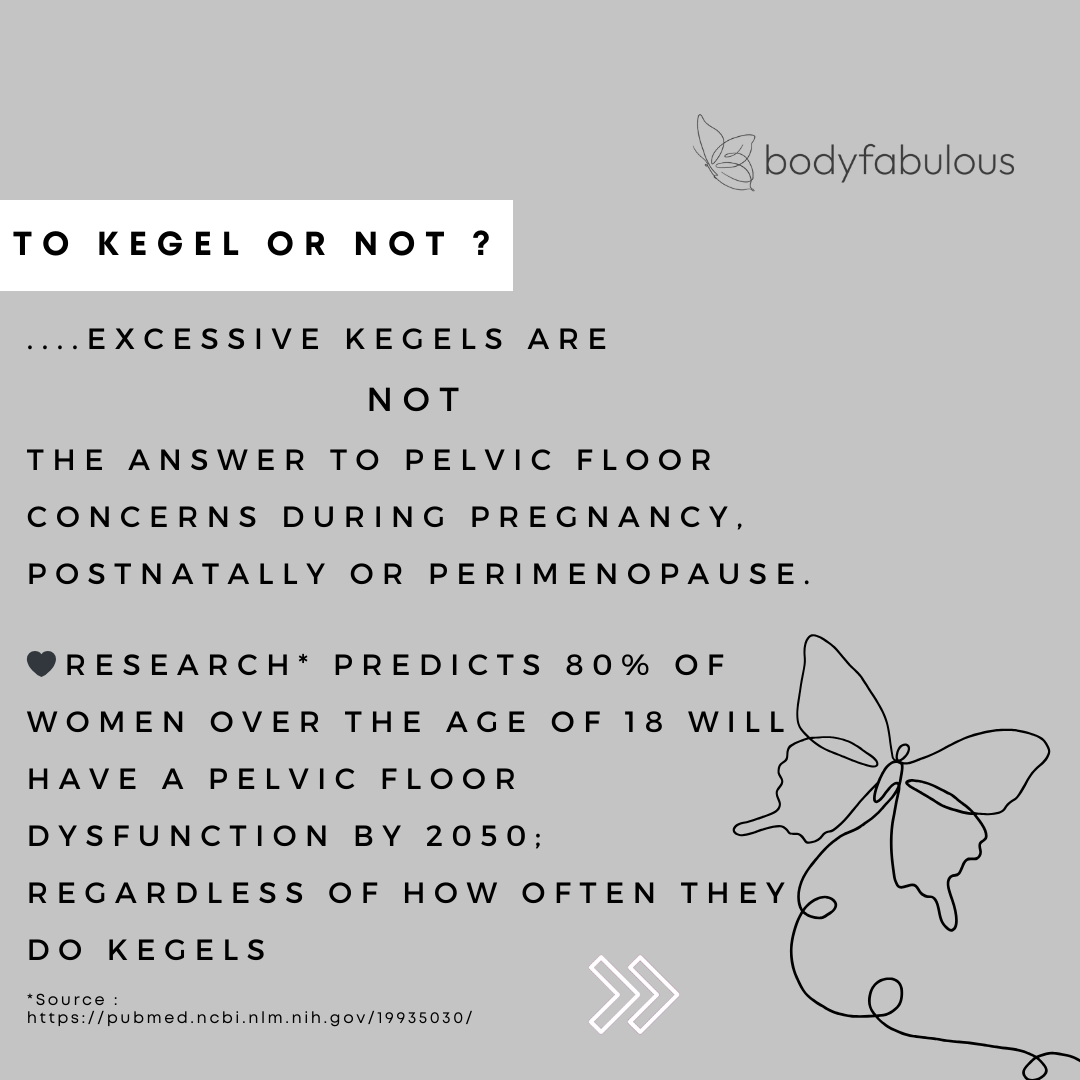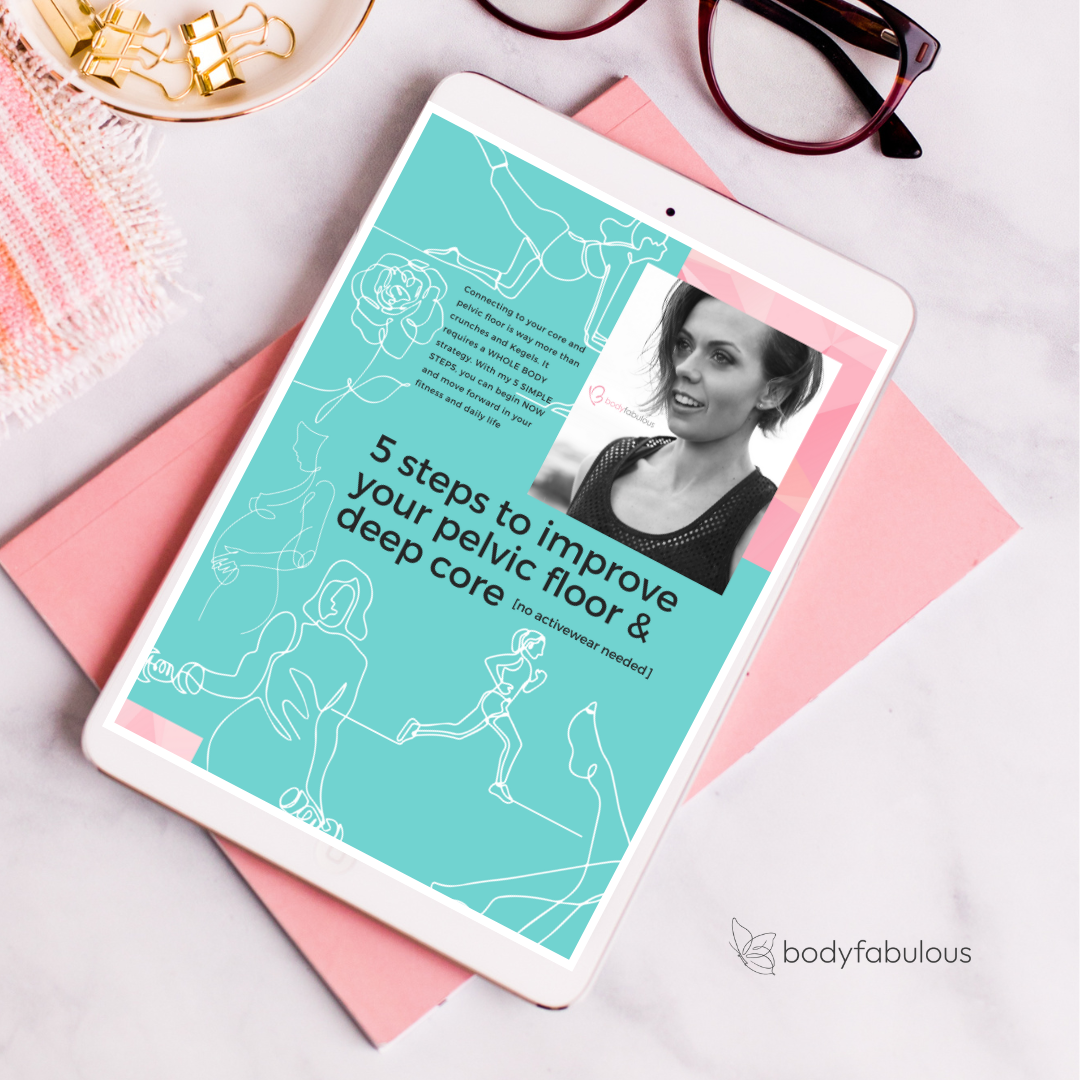Many women could be experiencing perimenopause and postnatal symptoms simultaneously. As the age of women giving birth is later in life is increasing and perimenopause can also start as early as 35.
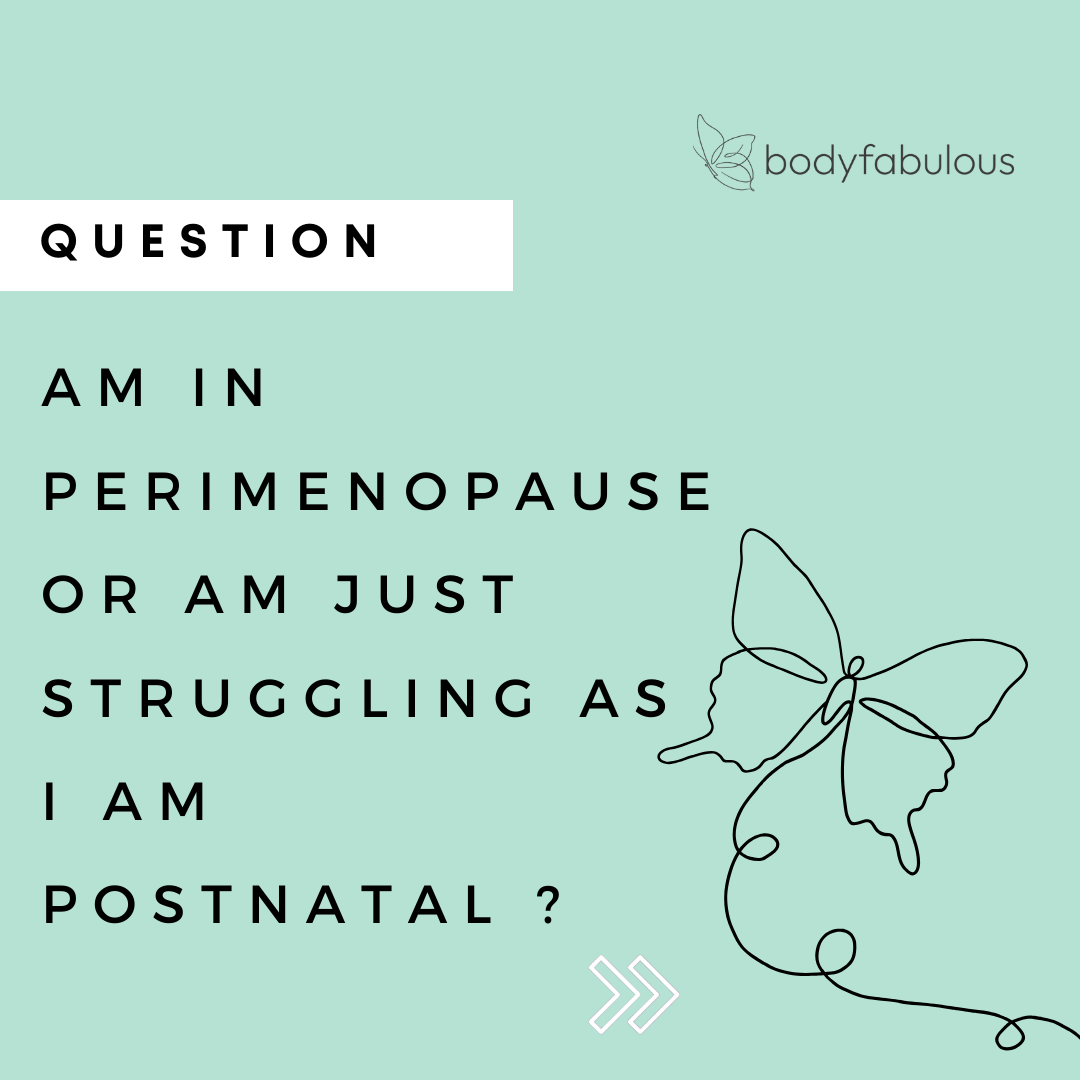
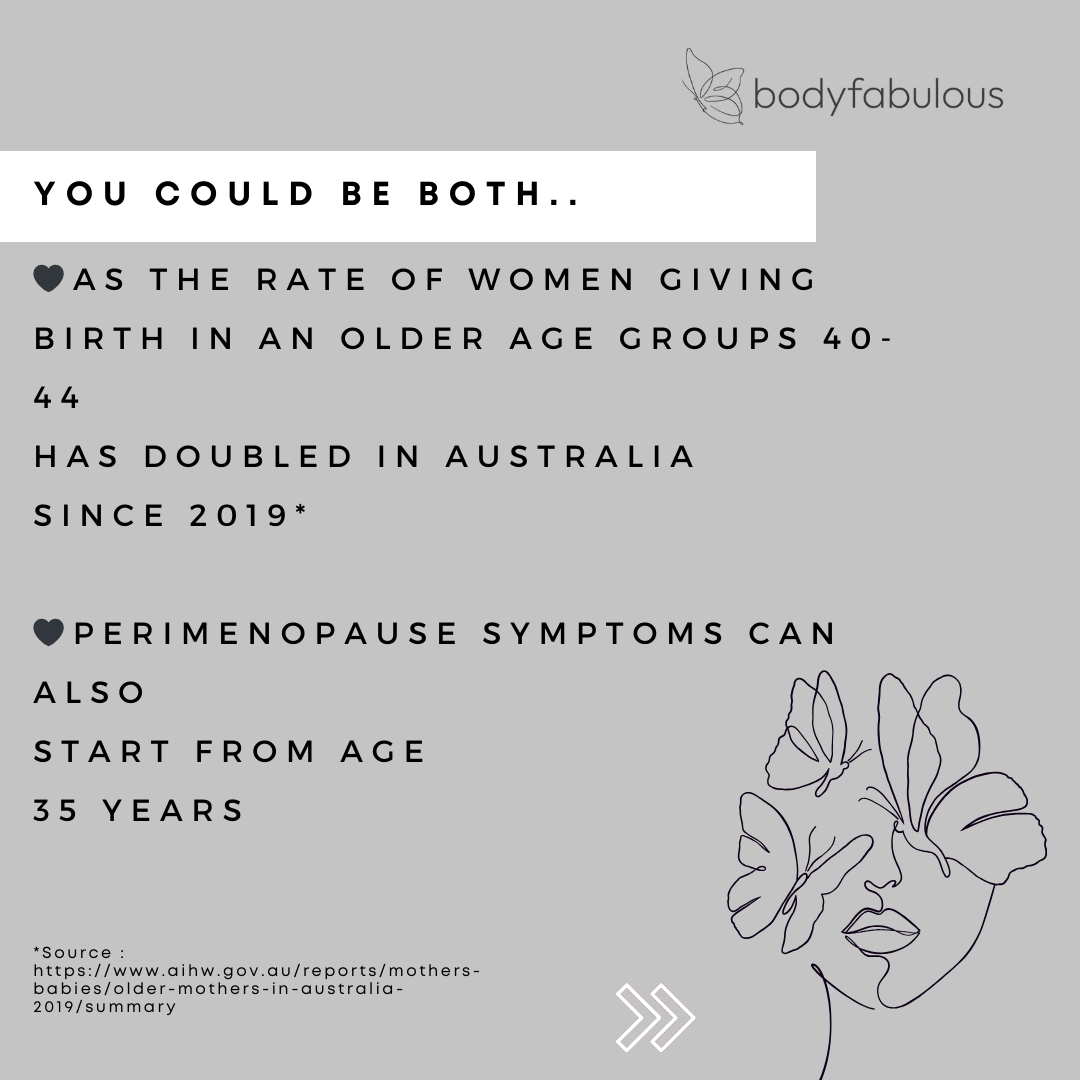
Postpartum women’s hormones are often the same as menopause
I’ve always found it really interesting how postpartum women’s levels of estrogen and progesterone are often at the same level as menopausal women.
In fact, these events are two of the most hormonally charged in a woman’s life….and as the age of women giving birth has increased (and women are living longer) you could be experiencing both perimenopause & postpartum symptoms simultaneously !
Pregnancy comes with soaring levels of estrogen and progesterone. As soon as the placenta comes out, levels of estrogen and progesterone plummet to perimenopausal levels within 24 hours after giving birth. It can then take a number of months to recover. Progesterone levels usually also drop faster than estrogen levels. So apart from having to deal with lower levels of both, there is also an imbalance between the two.
The Roller Coaster during perimenopause and postpartum
When estrogen levels are out of balance (either postnatally or during perimenopause) women tend to experience symptoms such as headaches and fluid retention & more, but it’s really when mood-elevating progesterone is out of balance that things like postpartum depression, anxiety or low mood can take hold.
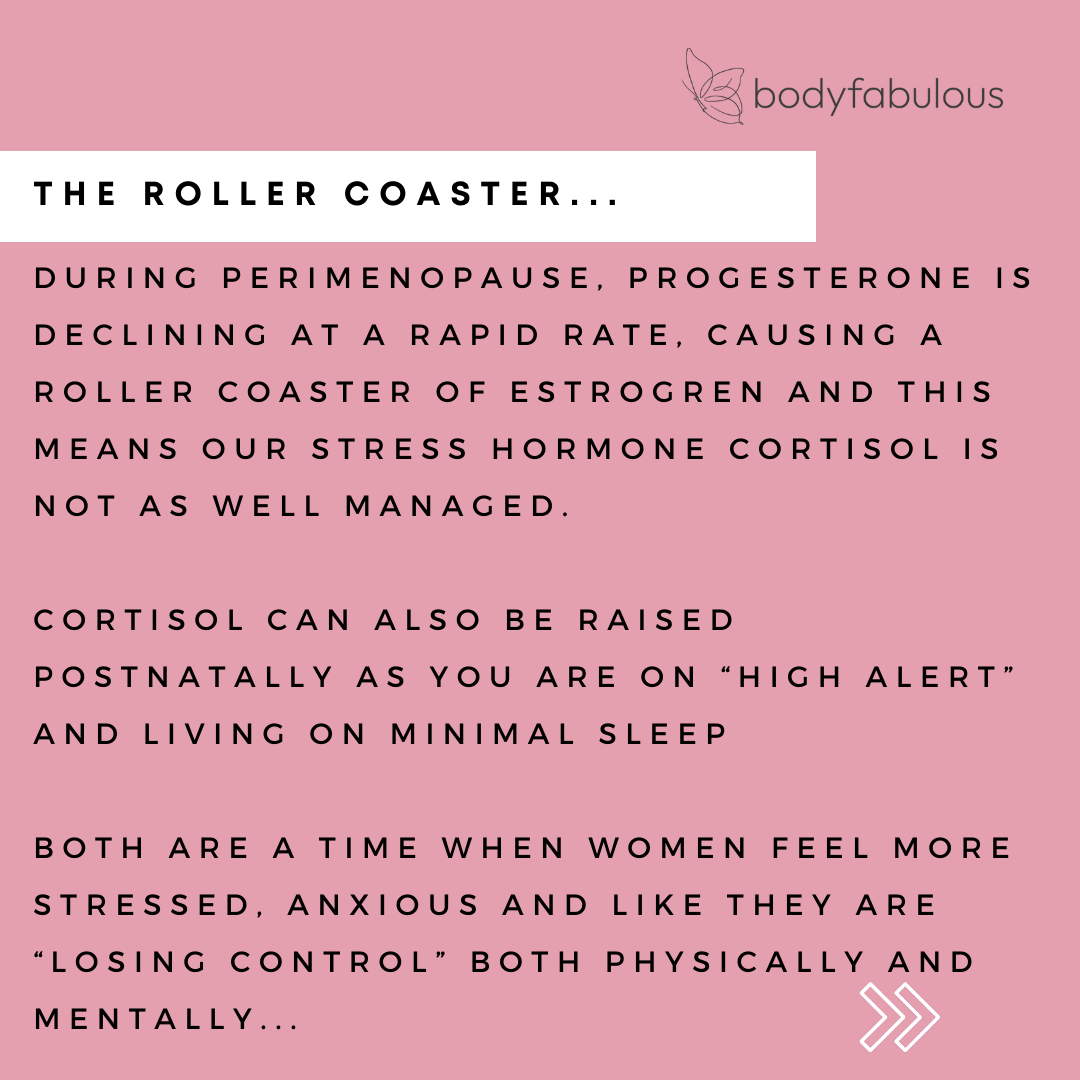
These symptoms are well documented in postpartum women (baby blues anyone?) & certainly hormones are largely responsible for them. But in any case, it takes a while for our bodies and our minds to adjust after having a baby.
Hormones affect the pelvic floor
FREE CORE AND PELVIC FLOOR GUIDE HERE >> no Kegels, crunches or activewear needed
How to support yourself during both peri and postpartum
To support yourself during BOTH these periods, of perimenopause and postpartum. Optimal nutrition is vital. Eating a balanced diet that’s rich in protein, fibre and healthy fats is an excellent start, and where possible to reduce sugar, caffeine and alcohol – as these exacerbate negative symptoms even more.
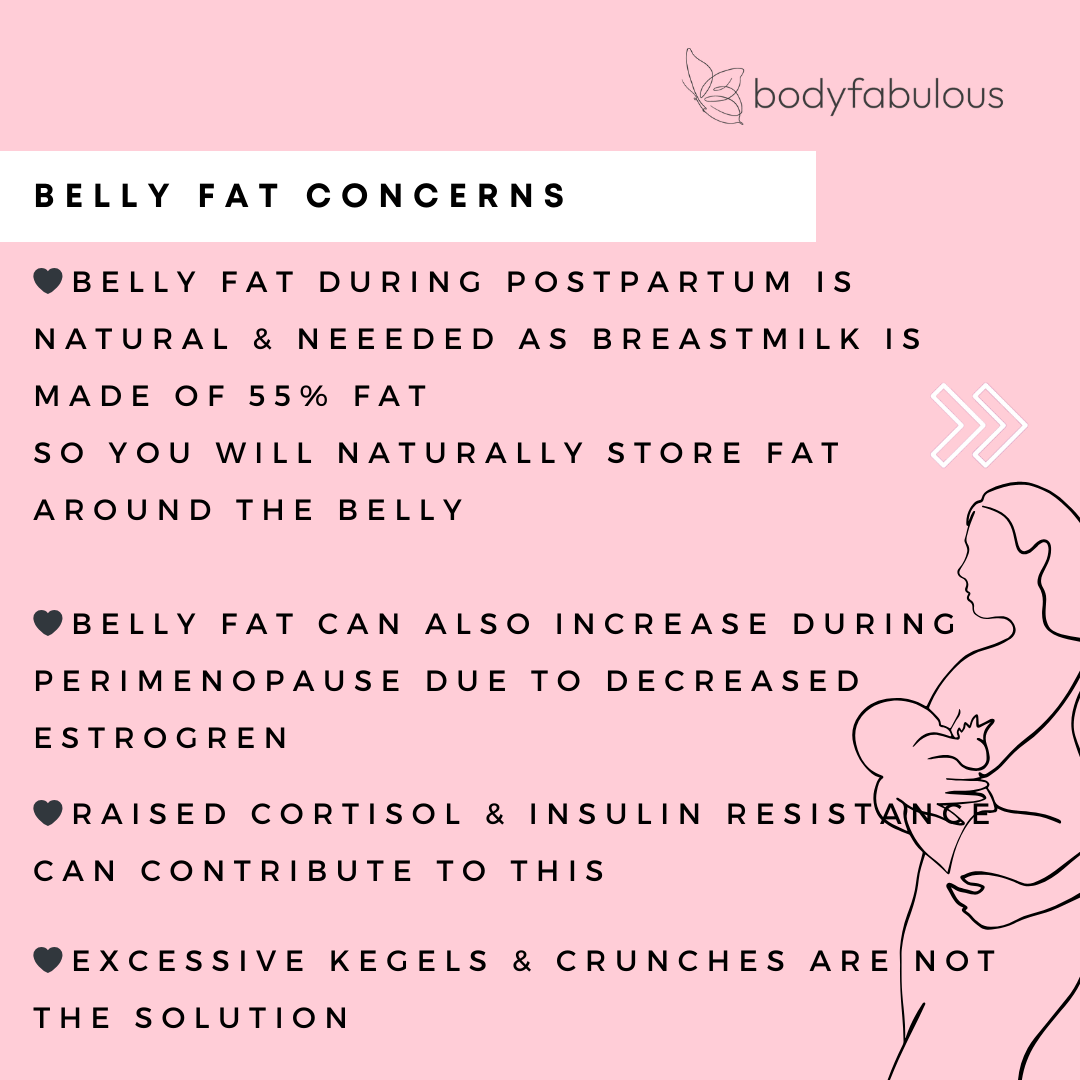
Consider cortisol during perimenopause and motherhood
Exercise can also help significantly but only at the right intensity. Early and mid postpartum and perimenopause are not the time to put the body under additional counter-productive stress and raise cortisol levels.
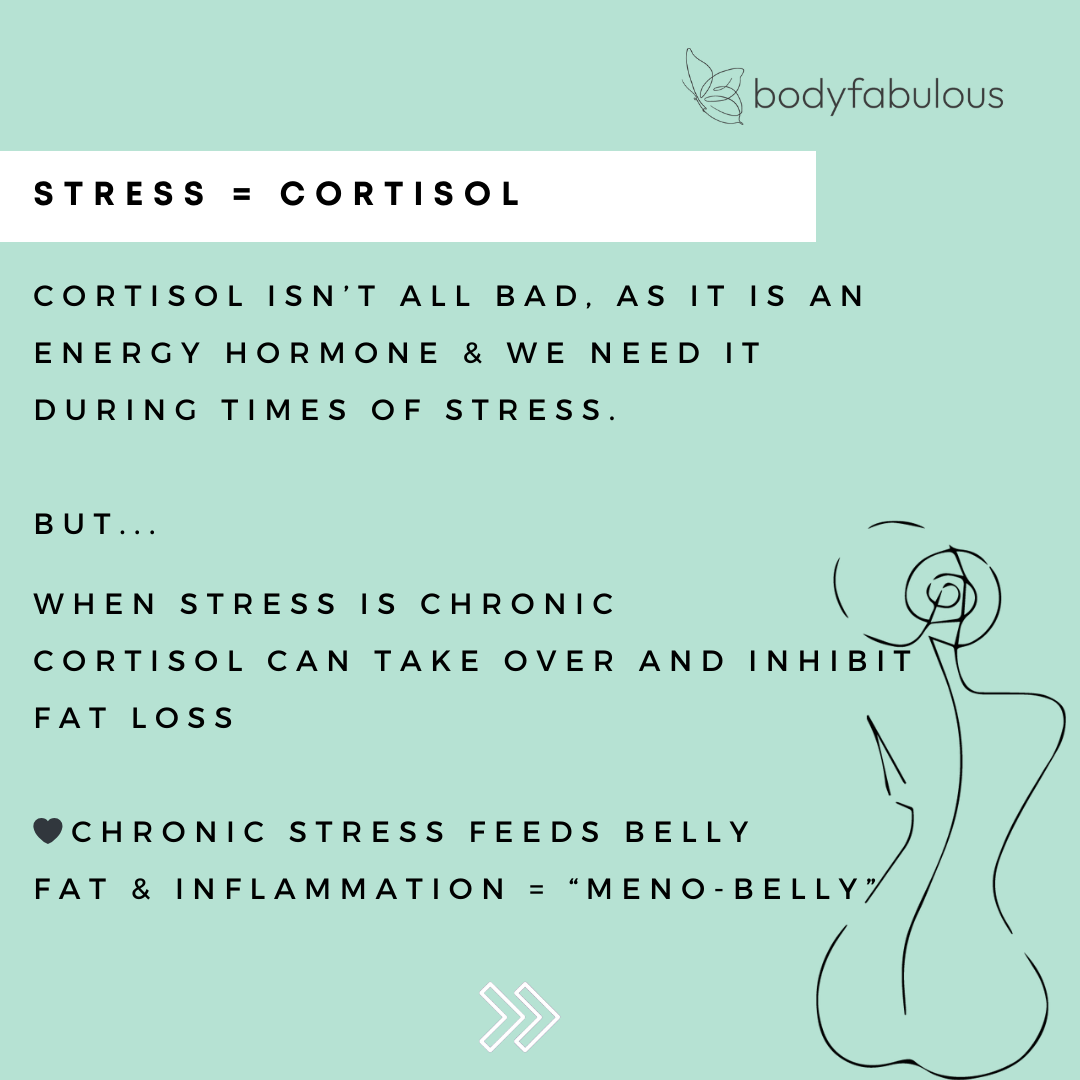
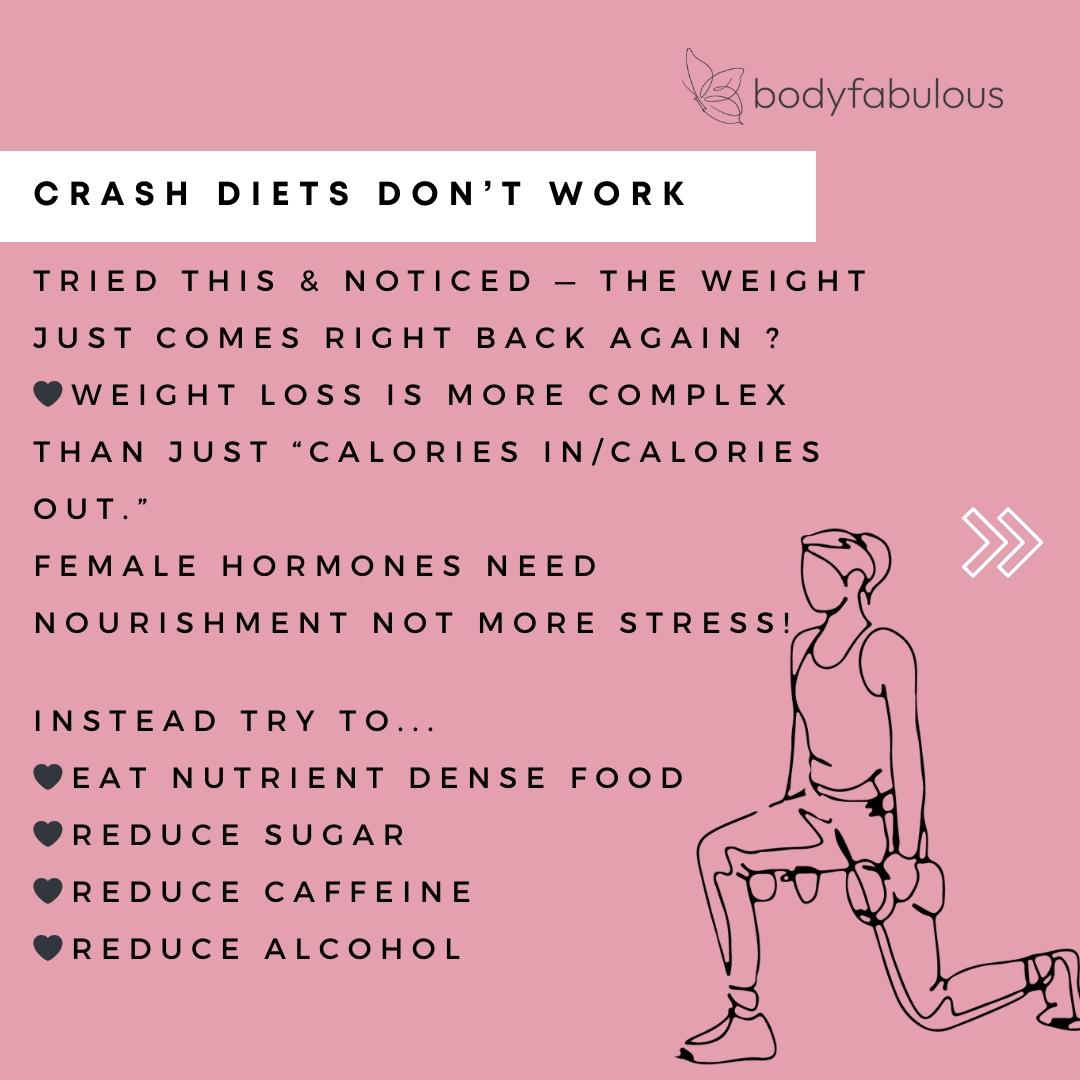
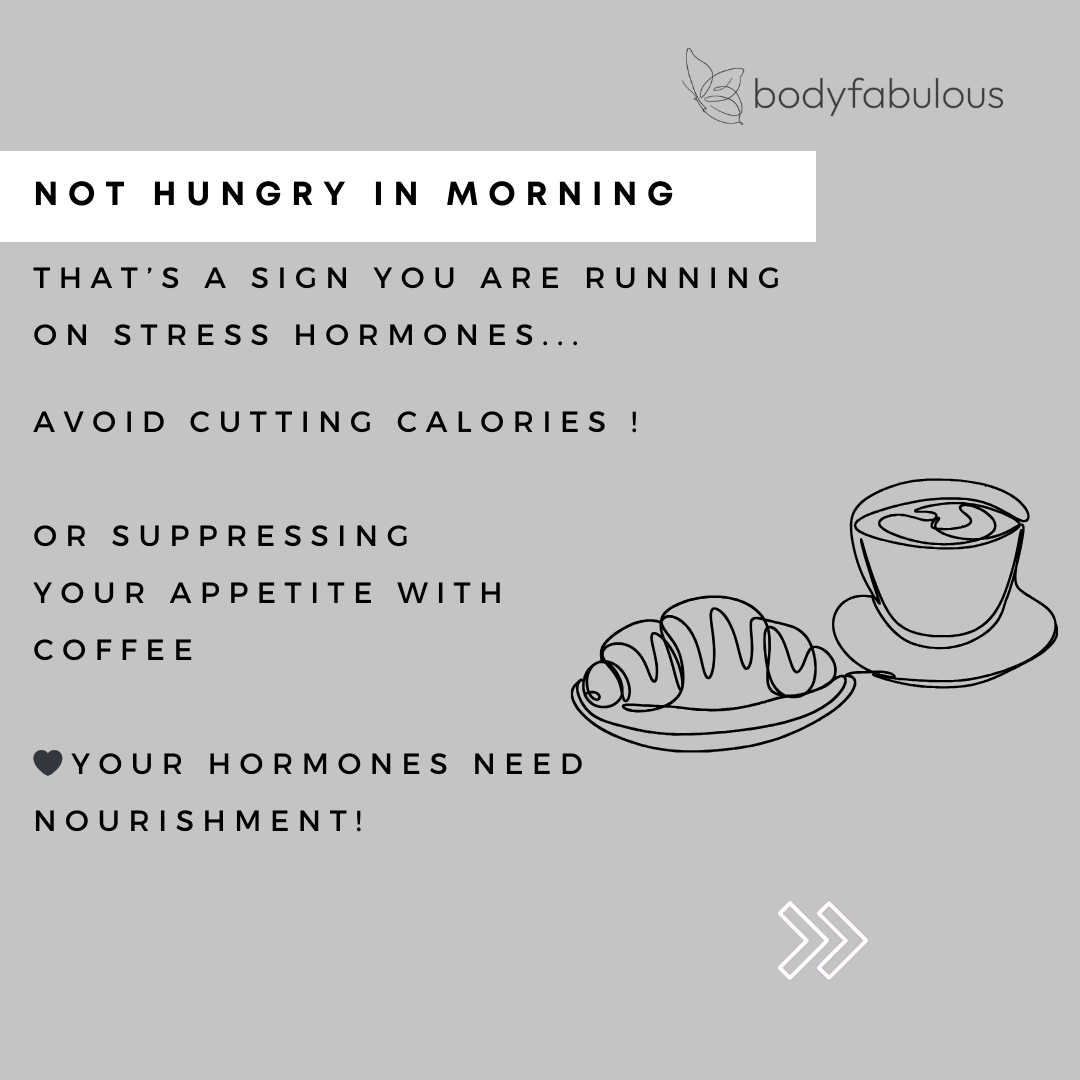
Remember, hormonal changes will end eventually ! But no one can deny that stability feels good and it can be helpful to know how to feel more balanced during these transitions. Please see an experienced medical professional if you need further help.
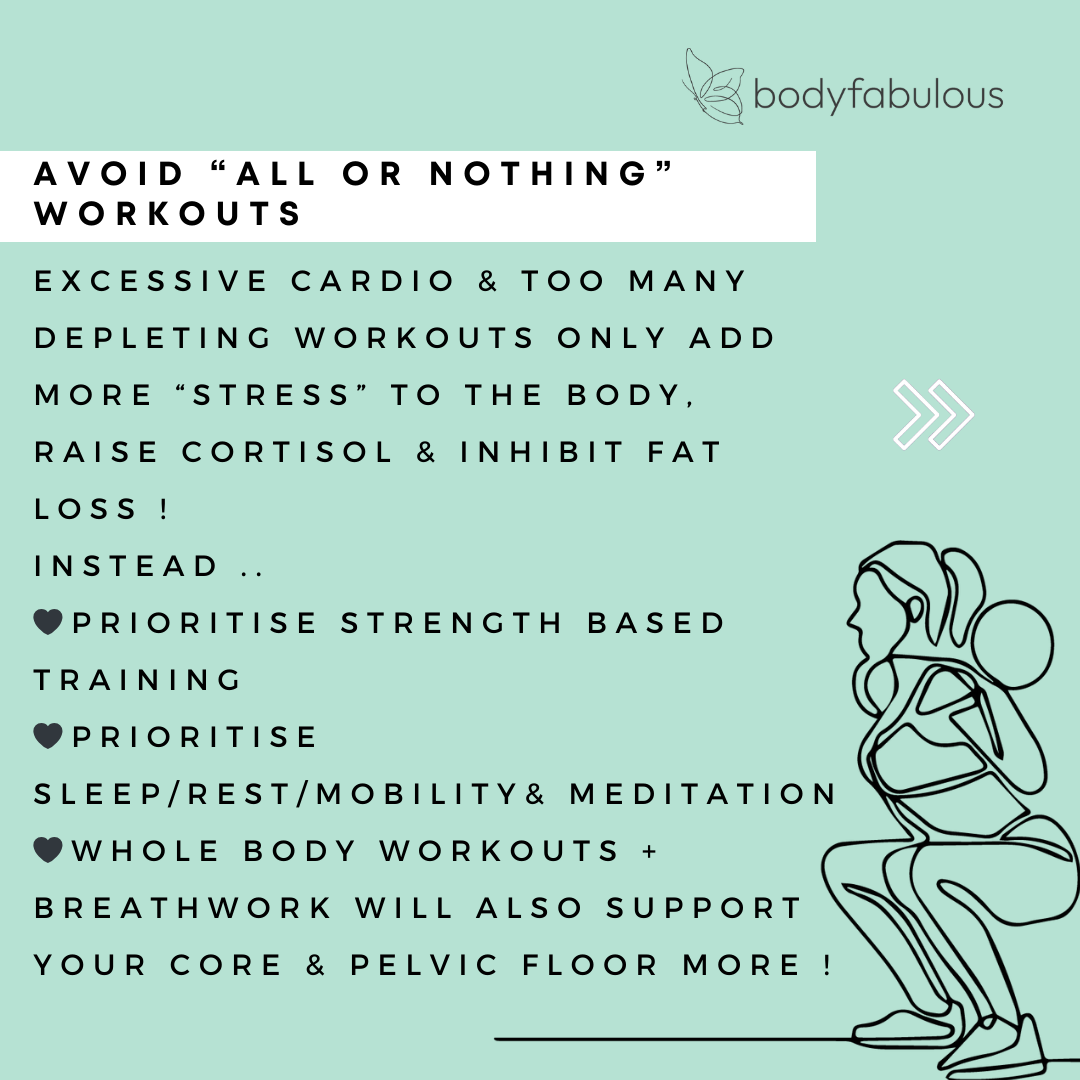
My BESPOKE PROGRAM helps mothers ditch “all or nothing” workouts and depleting diets for a sustainable exercise and nutrition routine customised to their stage of motherhood even if you have been told that leaking, pelvic pain, core weakness, and constant aches are just a “new normal” of motherhood”
(PSA -they’re NOT!) So you can stop second guessing yourself and show up fabulously fit, strong and confident without losing your lifestyle !
Learn more here, I would love to support you

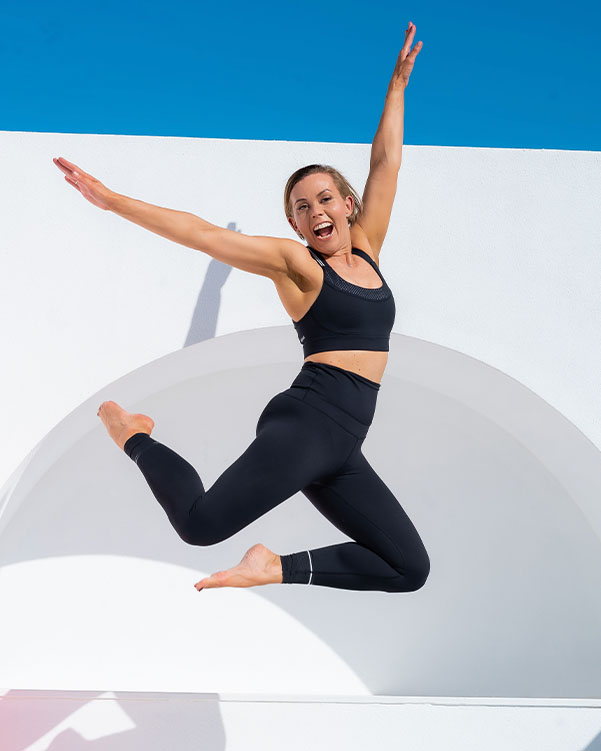
About Dahlas
Dahlas Fletcher is one of Australia’s most respected and successful certified and experienced Pregnancy and Female Fitness Trainers. Her goal is to help you be the happiest, most fabulous version of yourself, inside and out.

